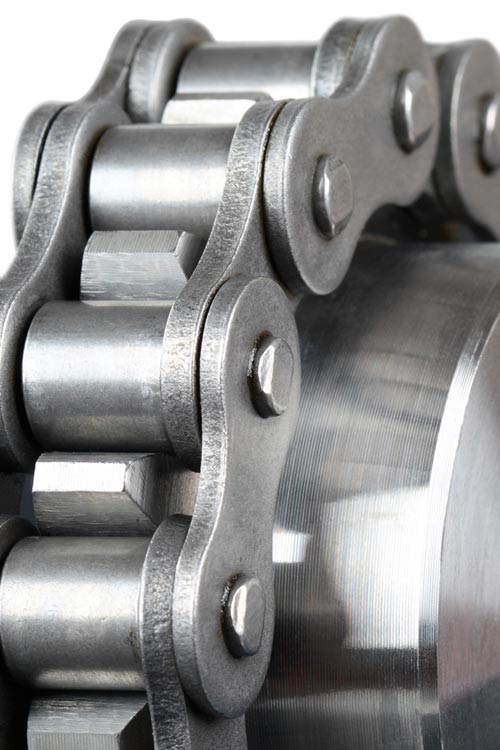SKU 800123
Category Oils
Synthetic Compressor Oil
CORFIN SNT KOMP
Synthetic Compressor Oil Advantages
Synthetic compressor oils are specially formulated to provide smooth operation over a wide temperature range and prevent wear. They are recommended for vacuum pumps, screw air compressors, rotary vane and screw compressors. They have a wide operating temperature range. High resistance to low temperatures and cold climates prevents performance degradation. It is a high performance lubricant with excellent oxidation and thermal stability. Prevents overheating due to special additives used in its formulation.
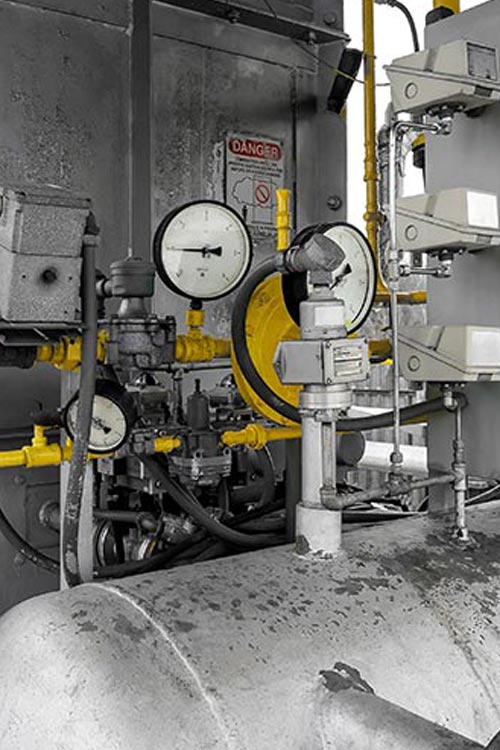
Prevents sediment formation with zinc-free technology.
Its superior oxidation stability increases service life even under harsh conditions.
It minimizes oil loss with its low evaporation level feature.
Synthetic Compressor Oil Features
- Prevents the formation of deposits and foam.
- Prolongs oil drain interval
- Helps increase operating efficiency.
- Helps reduce heat in high temperature environments.
- Superior thermal stability and oxidation resistance.

Synthetic Compressor Oil Usage Areas
Which Industries
Should Prefer?

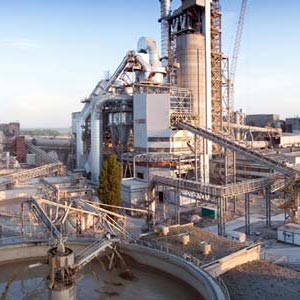
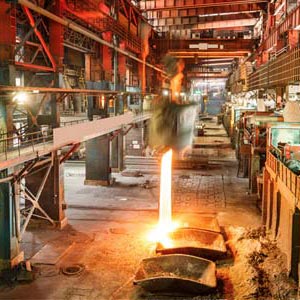
You can contact us for any questions you may have
YOU MAY
ALSO
INTEREST
PRODUCTS
Synthetic Compressor Oil Tech Data
| ANALYSIS | STANDARD | 46 | 68 | 100 | |||||
| Appearance | Visual | Clear Bright | Clear Bright | Clear Bright | |||||
| Viscpsity (40 °C) | ASTM D445 | 46 | 68 | 100 | |||||
| Viscosity Index | ASTM D2270 | >120 | >120 | >120 | |||||
| Flash Point (°C) | ASTM 92 | >220 | >220 | >220 | |||||
| Pour Point (°C) | ASTM D97 | < -30 | < -30 | < -30 | |||||
| Copper Corrosion (3h – 100 °C) | ASTM D130 | 1A | 1A | 1A | |||||
| Density (20°C-g/ml) | ASTM D1298 | 0,850 | 0,850 | 0,850 |
Synthetic Compressor Oil Frequently Asked Questions
Contact Form
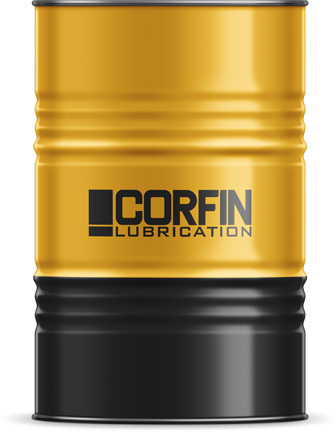
MADE IN
TÜRKİYE
FOR ALL ORDERS
FREE SHIPMENT
ON-SITE PROBLEM
DETECTION
TECHNICAL
CONSULTING
The information contained on this page is based on our current experience and is intended to provide information on appropriate use or application based on technical experience. It does not constitute a warranty or guarantee for the product. It is recommended that you contact us for your specific applications and for more comprehensive information. Akoni Kimya reserves the right to change all of the information on this page without notice.
SKU 800123
Category Oils
Synthetic Compressor Oil
CORFIN SNT KOMP

CLASS OF USE
Compressor
BASE OIL
Synthetic
VISCOSITY
46, 68, 100
20 L, 200 L, 1000 L
1-3 Weeks
-
MADE IN
TÜRKİYE
-
FOR ALL ORDERS
FREE SHIPMENT
-
ON-SITE PROBLEM
DETECTION
-
TECHNICAL
CONSULTING
Synthetic Compressor Oil Advantages
Synthetic compressor oils are specially formulated to provide smooth operation over a wide temperature range and prevent wear. They are recommended for vacuum pumps, screw air compressors, rotary vane and screw compressors. They have a wide operating temperature range. High resistance to low temperatures and cold climates prevents performance degradation. It is a high performance lubricant with excellent oxidation and thermal stability. Prevents overheating due to special additives used in its formulation.

Prevents sediment formation with zinc-free technology.
Its superior oxidation stability increases service life even under harsh conditions.
It minimizes oil loss with its low evaporation level feature.
Synthetic Compressor Oil Features
- Prevents the formation of deposits and foam.
- Prolongs oil drain interval
- Helps increase operating efficiency.
- Helps reduce heat in high temperature environments.
- Superior thermal stability and oxidation resistance.

Synthetic Compressor Oil Usage Areas
Which Industries
Should Prefer?


You can contact us for any questions you may have
IN THESE PRODUCTS
YOU MAY BE INTERESTED
Synthetic Compressor Oil Tech Data
| ANALYSIS | STANDARD | 46 | 68 | 100 | |||||
| Appearance | Visual | Clear Bright | Clear Bright | Clear Bright | |||||
| Viscpsity (40 °C) | ASTM D445 | 46 | 68 | 100 | |||||
| Viscosity Index | ASTM D2270 | >120 | >120 | >120 | |||||
| Flash Point (°C) | ASTM 92 | >220 | >220 | >220 | |||||
| Pour Point (°C) | ASTM D97 | < -30 | < -30 | < -30 | |||||
| Copper Corrosion (3h – 100 °C) | ASTM D130 | 1A | 1A | 1A | |||||
| Density (20°C-g/ml) | ASTM D1298 | 0,850 | 0,850 | 0,850 |
Synthetic Compressor Oil Frequently Asked Questions
Contact Form
The information contained on this page is based on our current experience and is intended to provide information on appropriate use or application based on technical experience. It does not constitute a warranty or guarantee for the product. It is recommended that you contact us for your specific applications and for more comprehensive information. Akoni Kimya reserves the right to change all of the information on this page without notice.

